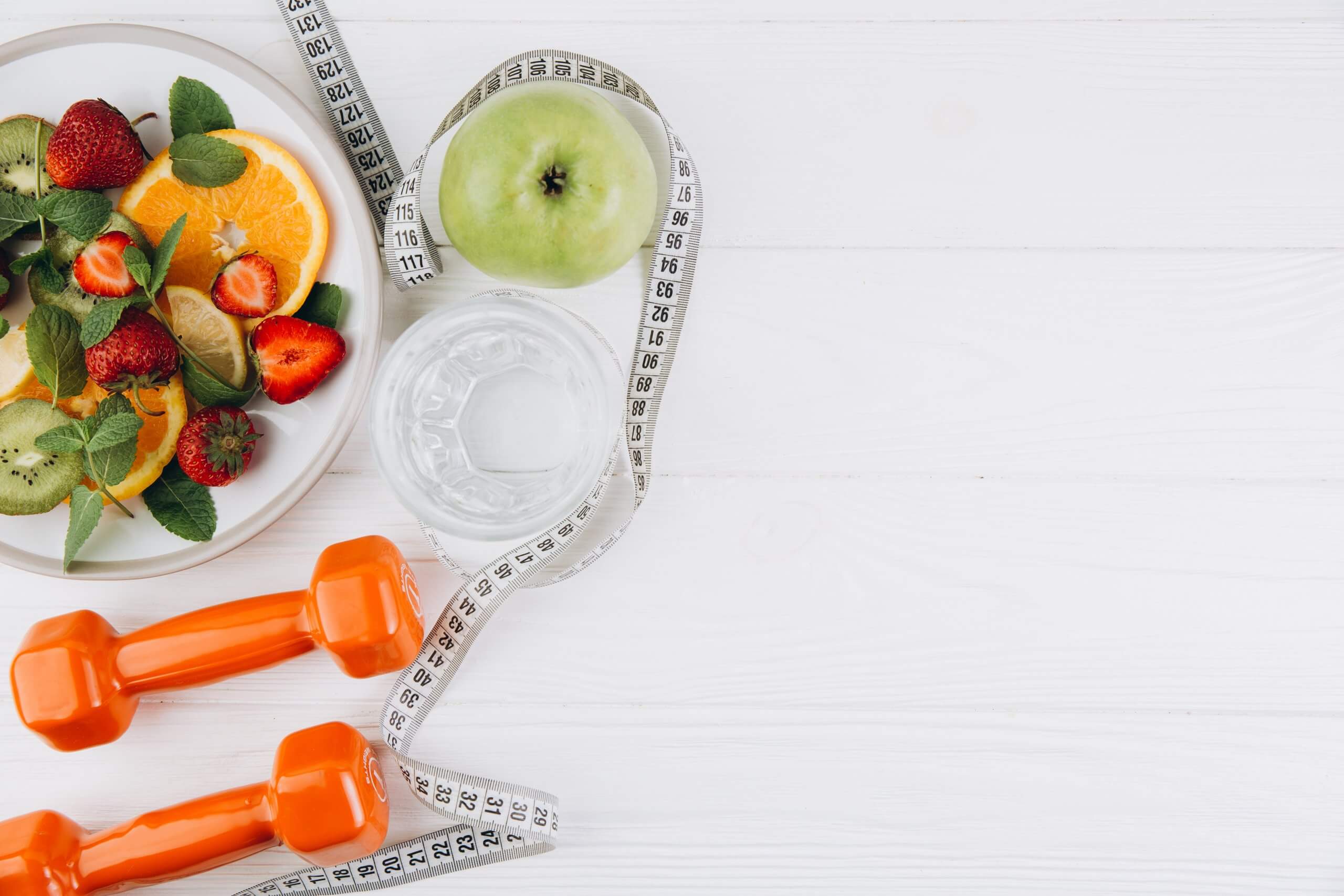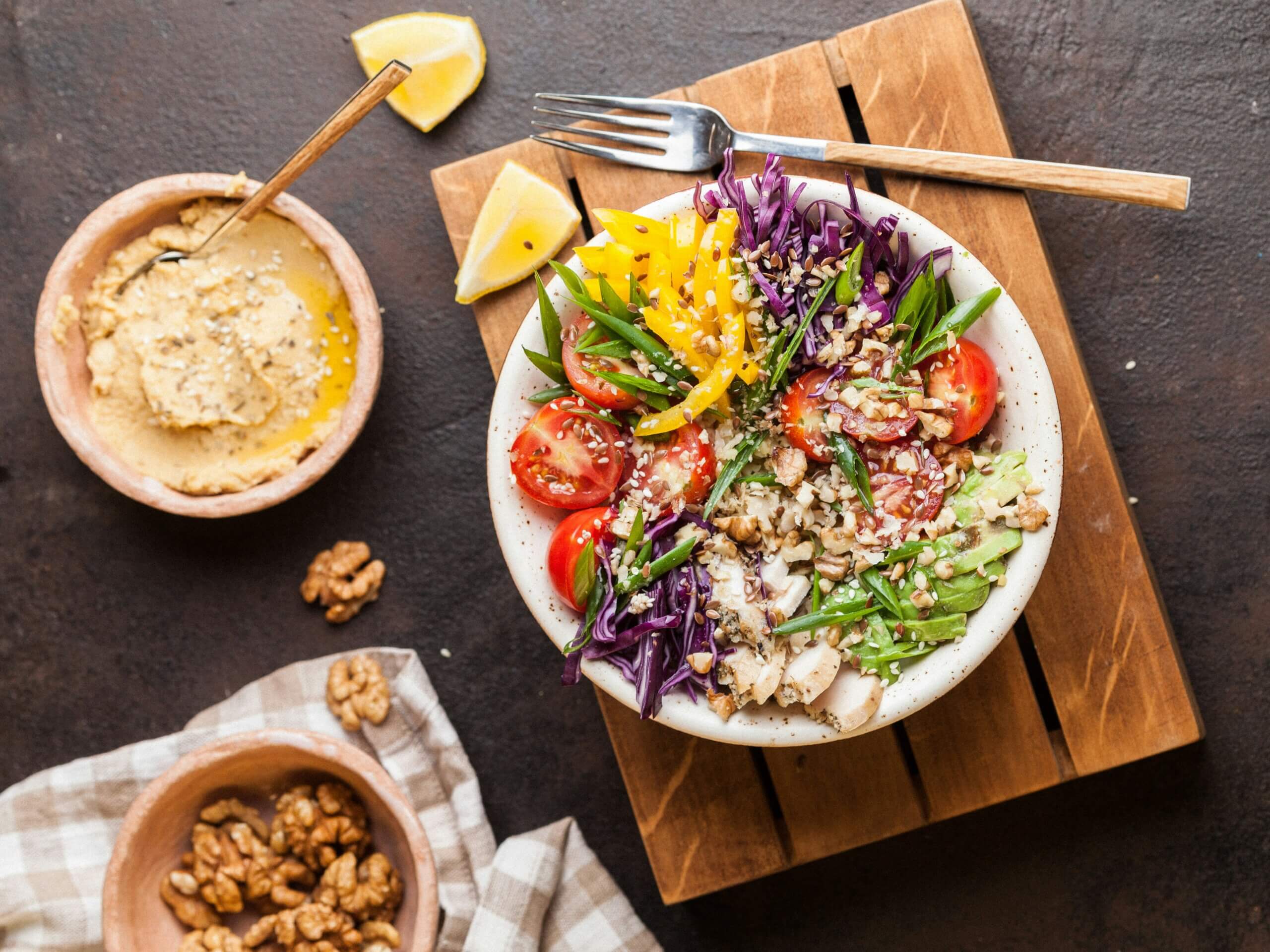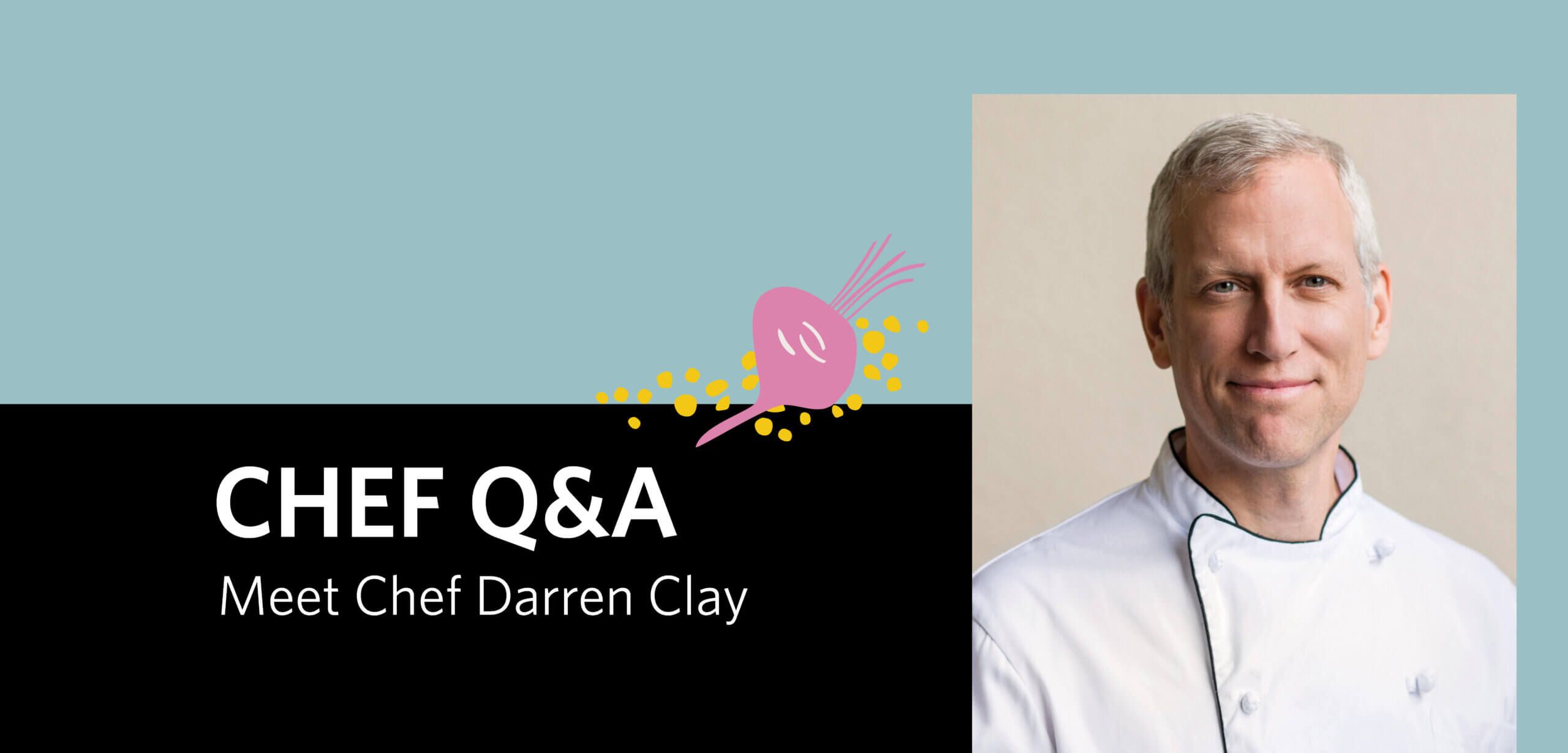As we enter 2021 and leave behind 2020, many of us look at the new year as a fresh start and begin to set goals and resolutions to accomplish in the year ahead. Some of these goals may be related to our personal life, career, school, or health and become positive influences in our lives.
However, some health resolutions can be fueled by diet culture. These can include resolutions related to weight loss, reaching a certain weight, achieving your “ideal” body image, or sticking to a certain diet, and may have negative impacts on your health and overall wellbeing.
As diet culture continues to sneakily inundate social media, fad diets seem appealing and diet talk starts to become common language. How we talk about ourselves, others, and our lifestyles can have a large impact on our physical and mental health.
What is “diet talk”?
Diet talk includes using language around or engaging in conversation about restricting food or certain nutrients (eg. carbohydrates, fats), or excessive exercise in order to achieve a certain body type or image. Additionally, comments on people’s size, shape, weight, or food intake, can be considered diet talk and can have very harmful effects for the individual’s on the receiving end of those comments.
When we engage in diet talk we reinforce an oppressive culture that values weight and shape over health and wellbeing. This type of language can create the idea that some bodies are wrong, certain foods are shameful, and that there is only one accepted image that all need to adhere to. For some, especially those experiencing disordered eating behaviours, diet talk can be very negative and uncomfortable to experience.
Some examples of “diet talk” include:
- Wow! You look great! Did you lose weight?
- You look like you lost some weight! Good for you!
- Are you sure you are going to eat all that?
- You eat so much/so little!
- I’m having a cheat day!
- I feel so fat.
- Do I look fat/skinny in this?
- I wish I could have your self-control around food.
- Carbohydrates are so bad for you!
- Using words like good, bad, guilty, junk in reference to food
Avoiding Diet Talk
When complimenting others or engaging in conversation, try to shift focus away from body size or diet-related topics. Instead, some non-diet-related compliments or conversation starters could be:
- You look so happy!
- You’re such a good friend. I appreciate you supporting me.
- You’re so funny! I always smile when I’m around you.
- You are the smartest person I know. I learn so much from you.
- You’re a great listener.
- I feel so comfortable around you.
- You are so organized.
- You are so passionate about your interests. You will do great things.
- I love how optimistic you are. It rubs off on me!
- You are so artistic! I love admiring your art and creativity.
- You inspire me!
- Did you watch the new ____ movie?
- Did you listen to the new Taylor Swift song?
- What is your favorite weekend activity?
- What is something you are looking forward to?
Responding to Diet Talk
Encountering diet talk can be uncomfortable, especially if you are trying to remove yourself from it. Here are some tips on responding to and removing diet talk from your life:
- Compliment others not on their looks, body shape, or size (try using one of the examples above or create your own!)
- Change the subject to something you are interested in!
- Respond respectfully. Some examples could include:
- “Can we talk about something else?”
- “I am trying not to engage in diet talk”
- “I’m not interested in talking about diets”
- “Those comments make me uncomfortable”
- “I would appreciate if you would not food-shame”
- “Thank you, however, I would rather compliments not relate to my body size or shape”
- If it feels too overwhelming, remove yourself from the situation.
Working towards changing language will help to create an environment and culture that is not focused solely on weight and shape and start to be more inclusive of every and all bodies. We can help to lift each other up and work towards more positive resolutions. If you want to learn more about adopting an anti-diet mindset, see this article.







